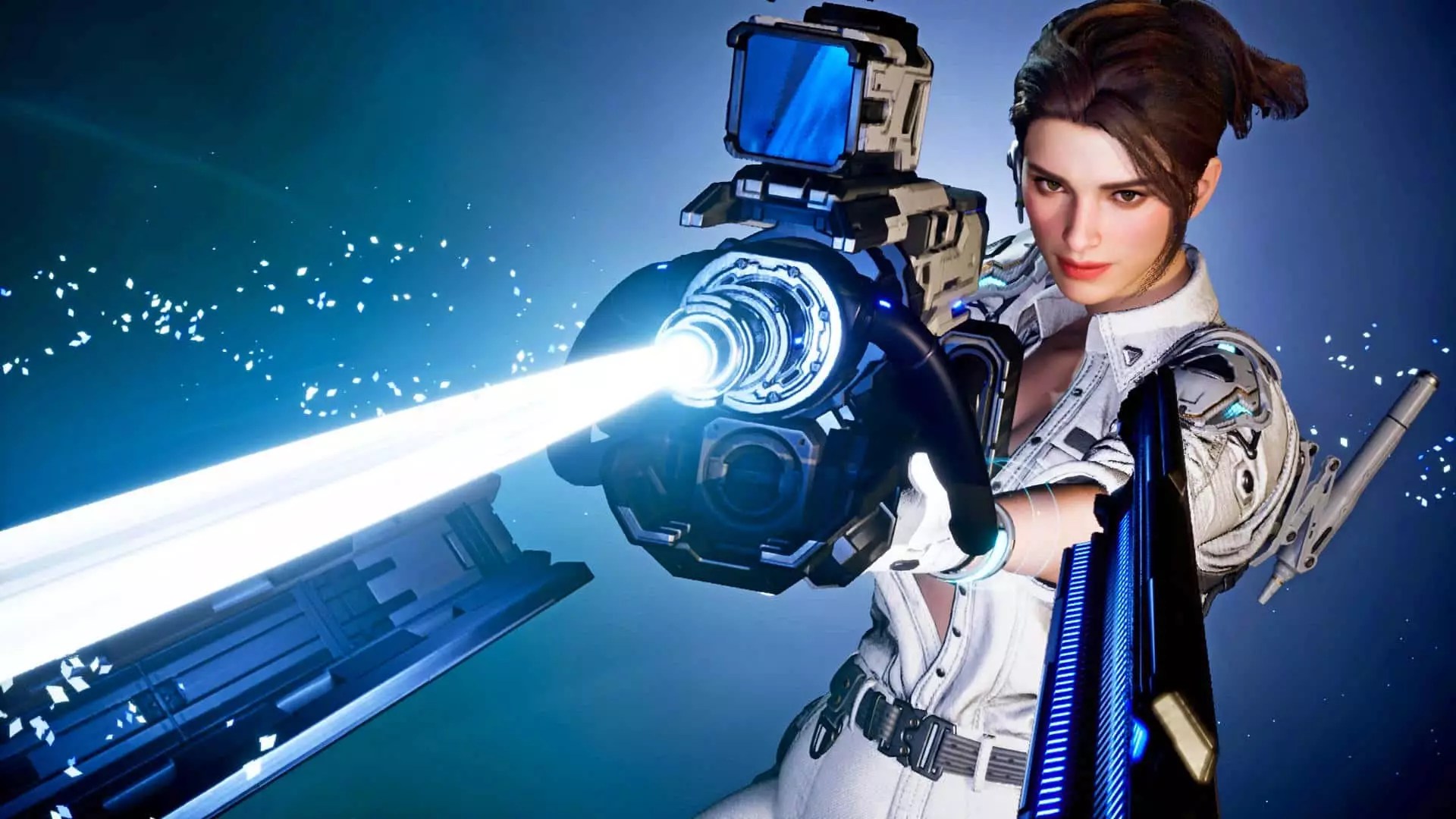In the rapidly advancing realm of gaming, artificial intelligence has become both a tool of innovation and a source of ethical controversy. Recent controversies surrounding The First Descendant’s AI-generated advertisements exemplify the complex dilemmas facing the industry today. Unlike traditional influencer marketing, which relies on collaboration and transparency, the use of generative AI to portray content creators without explicit consent raises profound questions about authenticity, respect, and industry ethics. At the core of this controversy lies a fundamental issue: is it acceptable to leverage AI to replicate personalities or content without their approval, especially when it risks damaging trust?
The backlash wasn’t solely about deception; it also spotlighted the potential erosion of trust between creators and their audiences. When fans see content that reportedly features a favored influencer—like DanieltheDemon—without proper authorization, it can lead to feelings of betrayal. Although the specifics remain murky—was permission granted, or was this an exploitation of AI’s capabilities?—the incident signifies a broader trend where gaming companies experiment with AI as a shortcut for marketing, often at the expense of transparency. As AI-generated content proliferates, the community’s insistence that creators’ rights and personas be respected becomes more urgent. The ethical line appears to be blurring, suggesting that gaming companies should reconsider how they deploy AI, favoring integrity over innovation when the latter compromises trust.
The Business of AI in Gaming: Short-Term Gains vs Long-Term Consequences
The use of AI in game marketing isn’t merely an ethical issue but a strategic one with tangible repercussions. The First Descendant’s initial success—reaching 10 million players within its first week—was impressive, yet the subsequent 96.4% drop in active players within six months reveals an unsustainable engagement model. Despite this decline, the game retains a dedicated core audience, which fosters tensions around how the publisher, Nexon, chose to promote the game. It appears that the decision to rely on AI-generated ads—potentially devoid of meaningful community engagement—may have alienated the most invested fans.
Critics argue that this move reflects a troubling trend where companies prioritize quick, measurable results over genuine connection with their community. Instead of fostering relationships with influencers and players, developers opt for automated solutions that risk fostering distrust and skepticism. Moreover, the apparent suppression of critical comments on platforms like TikTok hints at a broader culture of censorship that undermines honest dialogue. For a sizable publisher like Nexon, the decision to forego influencer partnerships in favor of AI ads might be motivated by cost-cutting or scalability, but it risks eroding their brand integrity and long-term reputation.
The Larger Discourse of AI Integration in Game Development and Industry Evolution
Beyond marketing, AI’s role in gaming extends deeply into development—raising questions that are arguably more consequential. While AI-driven tools promise to streamline tedious tasks like landscape design or asset creation, the community’s reaction to AI’s encroachment on creative domains such as storytelling, voice acting, and character development is more heated. Creative work—this industry’s backbone—thrives on human nuance and emotional depth, qualities that AI still struggles to master.
Industry veterans have voiced concern that AI’s integration could result in job layoffs and devaluation of artistic craftsmanship. One former Rockstar developer ominously predicted that future titles like GTA 7 might be produced at lower costs simply because AI can automate many complex tasks. Such perspectives highlight a tension: on one side, AI could democratize development, reducing entry barriers; on the other, it could undermine the livelihoods of countless professionals whose skills are rooted in human emotion and experience.
However, as AI tools become more sophisticated, the challenge lies in their responsible deployment. While developers might see AI as a means to boost efficiency, the industry must grapple with the moral implications. Will AI enhance creative storytelling, or will it commodify art, turning it into an assembly line where human insight is sidelined? The path the industry chooses may ultimately shape the cultural and artistic integrity of future games. With profits often prioritized over community values, the question remains: will the industry embrace AI as a partner or allow it to become a double-edged sword that deepens the divide between creators and consumers?


Leave a Reply